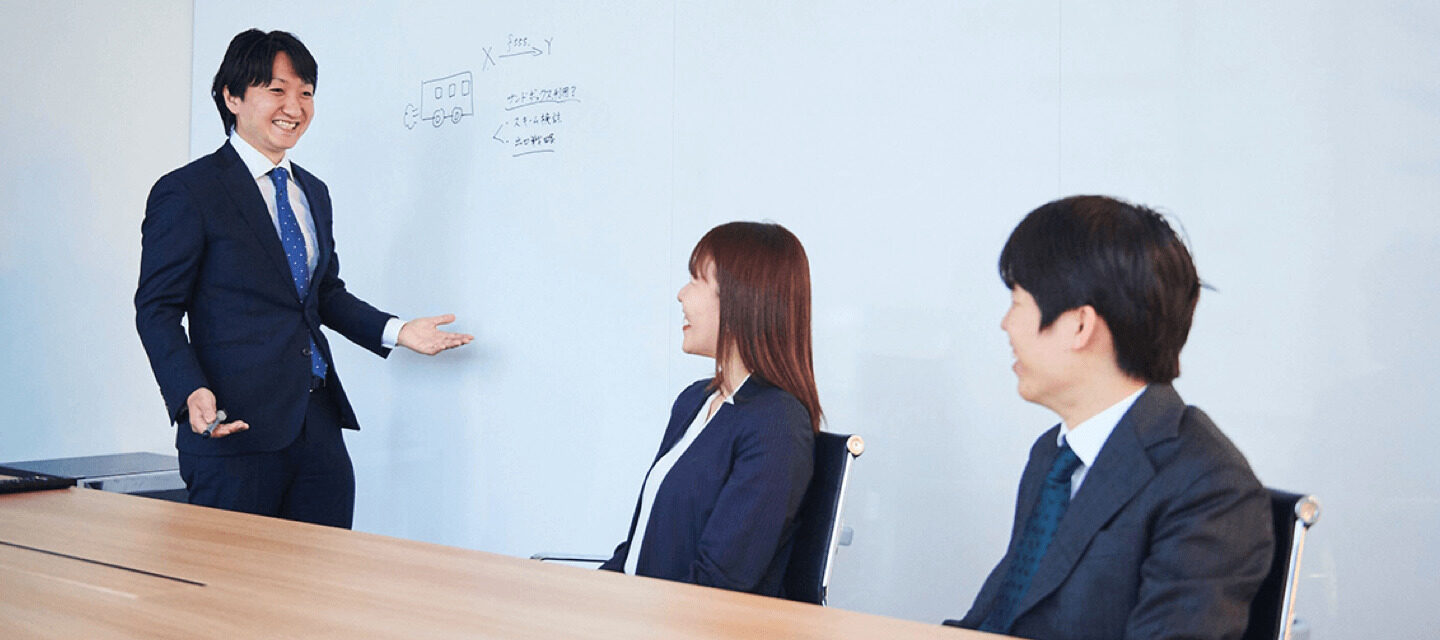The Singapore Convention on Mediation: A New Tool to Enhance Cross-Border Dispute Resolution
US Lawyer
Joel Greer


目次
In July this year, I finished teaching a three-month course on international dispute resolution for the Global Business Law (GBL) program in the Business Law Department of Hitotsubashi University Graduate School of Law. This was the third time I have taught the course. In the first year (Fall 2019), the classes were in-person at Hitotsubashi’s Chiyoda campus. The following year, because of COVID-19, we conducted all classes remotely. This past semester was a hybrid schedule, with remote sessions before Golden Week and in-person classes after. The Business Law Department staff has done a fine job in helping to address the technical and other challenges of these varying formats.
The GBL classes are conducted in English and cater mainly to working adults – professionals from Japan’s private and public sectors – who want to enhance their knowledge of various international business law issues as they pursue a Master of Laws degree. Classes are held in the evenings and weekends, and students can obtain a Certificate in Global Business Law if they satisfy certain requirements. (More information about the GBL program may be found at https://www.law.hit-u.ac.jp/eng/bl/programs/). Last semester, in addition to my dispute resolution course, the GBL classes covered contract drafting, data privacy, securities, and legal English, among other subjects.
The course I have taught deals principally with international commercial arbitration (plus a brief look at international mediation) as this area has been my focus for a number of years. Most of the students in my course have had little or no first-hand involvement with arbitration (which I consider to be fortunate for them), but they had heard of it and were interested in learning about a method commonly used to resolve cross-border commercial disputes. (For more information about international arbitration, see the journal articles at the following links: https://zelojapan.com/en/4725; https://zelojapan.com/en/4816; and https://zelojapan.com/en/4944.)
Broadly speaking, the course has been meant to give students an introduction to the principles and practice of international arbitration. In the first half of the semester we primarily read and discussed materials about the international treaty and national legislative frameworks of arbitration, as well as about arbitral rules, procedures, and institutions. We also considered issues such as drafting arbitration clauses and the recognition and enforcement of arbitral awards. I prefer not to lecture and so encouraged students to contribute to class discussion as much as possible.
During the second half of the course, students get a practical taste of participating in an arbitration based on facts in a mock contract dispute scenario between a Japanese company and a company from another country. Dividing into groups representing the claimant and respondent and using a few principles of Japanese contract law along with the rules of the Japan Commercial Arbitration Association for procedural guidance, the students were asked to draft submissions in which they set out their respective cases and arguments, prepared document requests, and engaged in a short oral hearing. These tasks were intended to help students develop their legal analytical and advocacy skills and to deepen their understanding of the arbitration process.
In addition, during the second half of the course students were asked to research an arbitration-related topic of interest to them and give a 20-minute presentation to the group at the end of the semester. There was a list of topics from which students can choose, but it was not exclusive and they could pick other topics to present on if they wished.
Overall, my aim has been to introduce the students to a mix of conceptual and applied aspects in the study of international arbitration. I have enjoyed the experience, and it has been a pleasure to have gotten to know the various talented professionals who have taken the course.
For further information on the above, please contact this form.

